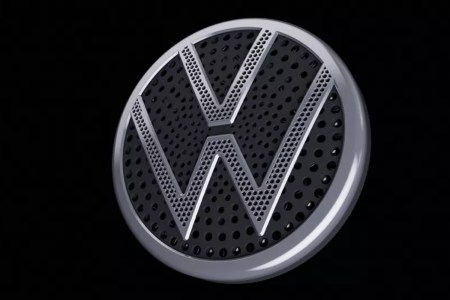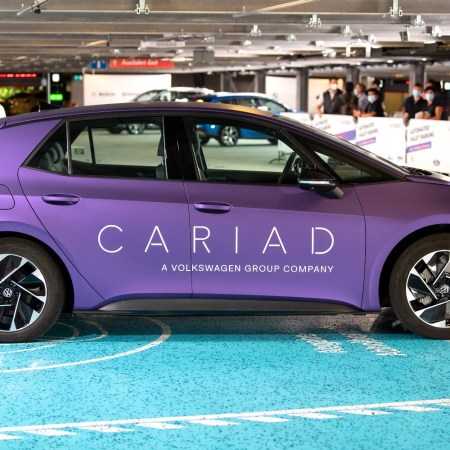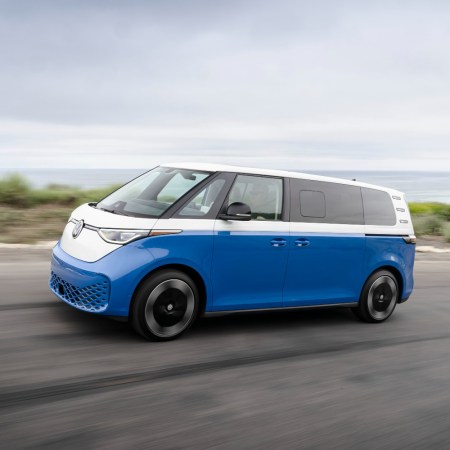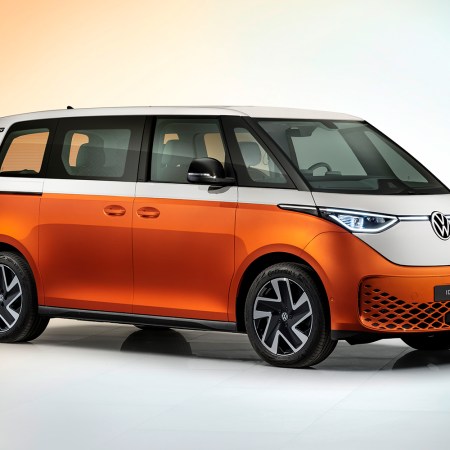In 2021, Volkswagen made a few bold declarations where its EV plans were concerned. As CNBC reported at the time, this included a target of having half of its vehicles being battery-powered by 2030 and a goal of being carbon-neutral by 2050. At the same time, the New York Times described this as VW emerging as a counterweight to Tesla. Three years later, has any of that changed?
Maybe. Reuters recently reported that Volkswagen has now amended its earlier comments. It hasn’t said that it’s rethinking its earlier goals, but it has left some wiggle room in place in case those goals don’t actually get met. In an interview with the publication Frankfurter Allgemeine Sonntagszeitung, the CEO of Volkswagen Group Components, Thomas Schmall, addressed the previously-announced goal of having 240 gigawatt hours of battery capacity built by 2030.
“Our goal is realistic, but it is not set in stone,” Schmall said to FAS. “Building battery cell factories is not an end in itself. The expansion of the factories will depend on how the market for electric cars develops.” As Reuters pointed out, this wasn’t the first time that Schmall had amended the company’s 2021 targets.
Volkswagen Is Trying to Reduce Kangaroo Collisions in Australia
A device called the Roobadge is in developmentOn the other hand, it’s also understandable that Volkswagen — or any automaker — would be flexible in some of its plans. The EV market has, in recent months, been in something of a state of flux, and one year’s ambitious targets can come to seem too modest or too aggressive in hindsight. As one sign of the EV market’s evolution, BMW recently overtook Tesla in EV sales on the continent — another sign that predicting any industry’s future can involve some surprises.
This article was featured in the InsideHook newsletter. Sign up now.



















